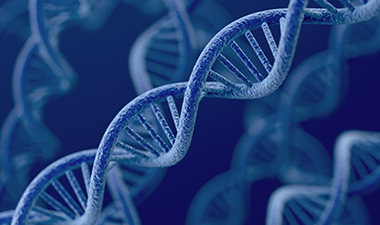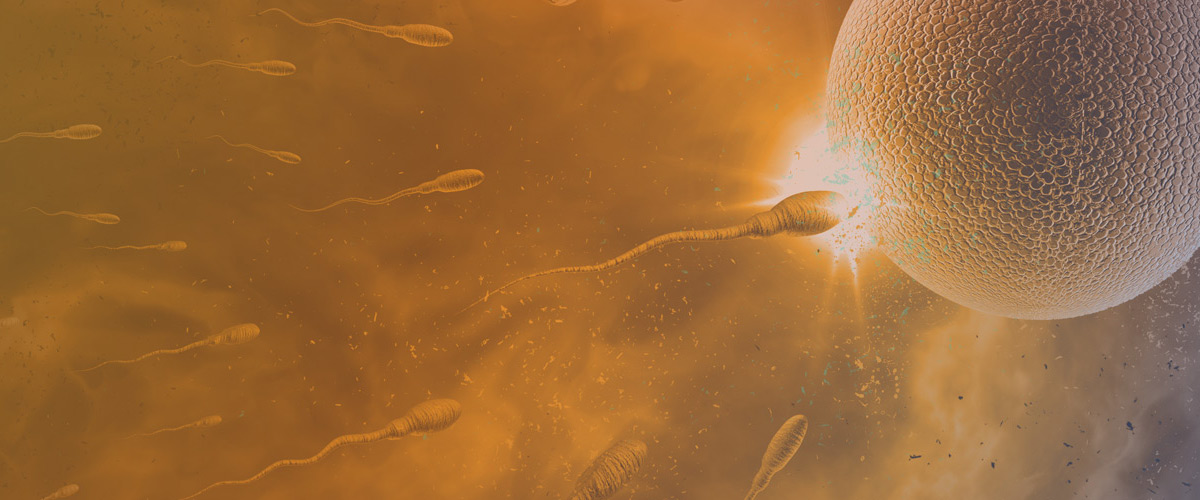Epigenetics
What is epigenetics?
 Epigenetics is a relatively new and fascinating area of scientific investigation. It is the study of how environmental factors alter the expression of our genes. Gene expression is how our genetic material is translated into our physical characteristics. For example, the foods you eat, your sleeping patterns, chemicals in your environment, and where you live, can all impact your gene expression. These factors do not cause mutations in your genetic code, rather they alter what our genes do by turning them ‘on’ or ‘off’. The changes may be permanent and can be passed from generation to generation.
Epigenetics is a relatively new and fascinating area of scientific investigation. It is the study of how environmental factors alter the expression of our genes. Gene expression is how our genetic material is translated into our physical characteristics. For example, the foods you eat, your sleeping patterns, chemicals in your environment, and where you live, can all impact your gene expression. These factors do not cause mutations in your genetic code, rather they alter what our genes do by turning them ‘on’ or ‘off’. The changes may be permanent and can be passed from generation to generation.
What does epigenetics have to do with pregnancy?
When you are pregnant, your fetus’ development is impacted by its environment. The fetal environment can cause long-lasting effects on a child’s growth and health later in life. This is called “fetal programming”. An example of fetal programming involves your weight during pregnancy: if you are over or underweight, this impacts the gene expression in your fetus. Later in life, this fetal programming affects the child’s body composition, predisposing him or her to be under or overweight. The fetal environment can also impact mental health later in life. This field of study is still quite new; scientists are still trying to understand how the environment interacts with our genes.

